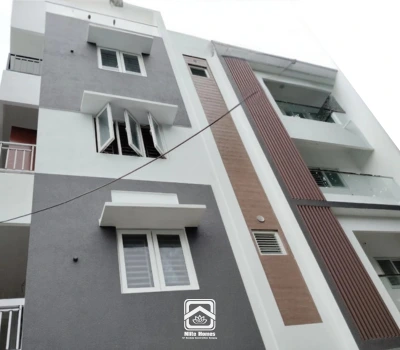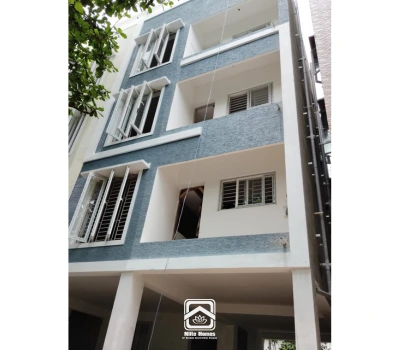Landowners, Let’s Create Value Together!
Join Hands for a Prosperous Joint Venture!
Our Completed Joint Ventures


Our Ongoing Joint Ventures

Process Of Joint Venture
1. Book A Meeting With Us
2. Site Visit and Area Valuation
3. Understanding Owner Needs
4. JV Proposal and Discussion
5. Land Document Verification
6. JDA and POA Agreement Drafting
7. Finalizing Signing The Document
How A Joint Venture(JV) Earns For You
In a joint venture, the landowner or investor has the flexibility to negotiate a deal that aligns with their development requirements, making it a successful model for developing large-scale commercial, residential, and office spaces while maximizing returns and minimizing risks. This allows people to collaborate in a risk-free joint venture with proper legal agreements, ensuring transparency, shared responsibilities, and mutually beneficial growth.
Benefits
- Capital Efficiency : Optimize your investment by ensuring cost-effective construction and long-term financial benefits.
- Increased Property Value : Enhance the worth of your home with quality construction, modern design, and durable materials.
- Legal Protection : Secure your investment with proper documentation, approvals, and compliance with building regulations.

FAQ
1. What is the typical profit-sharing ratio in a JV?
The most common structures are 50:50, or 60:40, depending on factors like land value, project cost, and risk allocation.
2. Do I need to register the Joint Venture Agreement?
Yes, a legally registered JVA ensures transparency and protection for all parties involved.
3. How is the legal agreement structured in a JV?
A Joint Venture Agreement (JVA) defines the roles, responsibilities, profit-sharing ratio, and dispute resolution mechanisms.
5. Can a landowner get apartments instead of cash in a JV?
Yes, landowners often receive a percentage of the constructed apartments instead of cash profits, allowing them to retain long-term property value.
